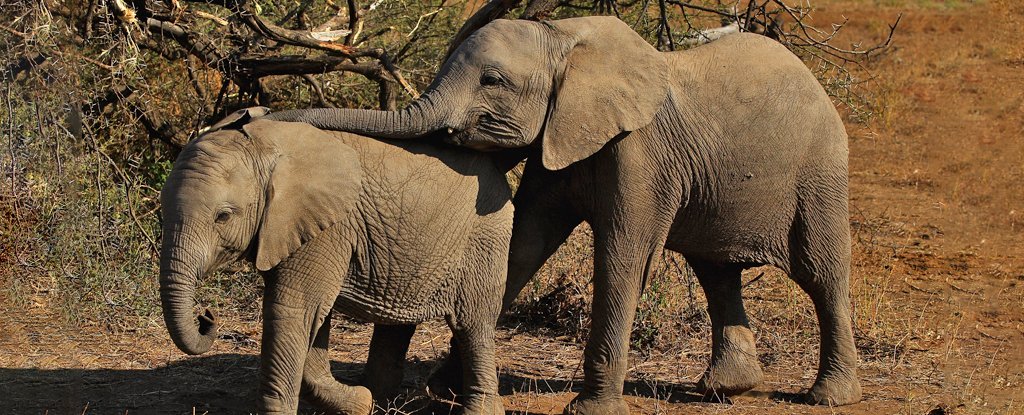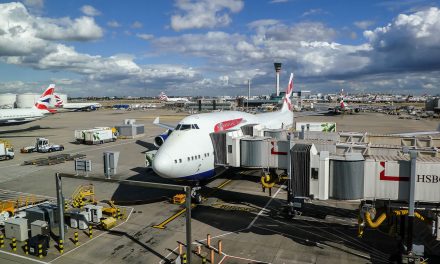Botswana is investigating the mysterious death of hundreds of elephants within the last three months in the country’s famed Okavango Delta region. Usually, elephant deaths are associated with poaching, but this time investigation concluded that the mass-dead were not plausible to poachers since the carcass had their tusk intact.
The country is home to a third of Africa’s declining elephant population and the Delta alone has an estimated 15,000 elephants. But since the start of May, over 350 elephant carcasses have been spotted in the region.
The elephants have been found dead around watering holes, near human villages and on the open savannah. Other live elephants have been spotted stumbling around, weak and confused.
Elephants Without Borders (EWB), a conservation organisation, released a report on Wednesday that counted 356 dead elephants and its aerial surveys showed that elephants of all ages and gender appeared to be dying.
EWB suspects the elephants have been dying in the area for about three months.
According to the report dated June 19, 2020, “70 percent of elephant carcasses were considered recent, having died about a month ago, and 30 percent of the carcasses appeared fresh, ranging from one day to two weeks old.”
“Several live elephants that we observed appeared to be weak, lethargic and emaciated,” EWB director Mike Chase told AFP.
“Some elephants appeared disorientated, had difficulty walking, showed signs of partial paralysis or a limp.
“One elephant was observed walking in circles, unable to change direction although being encouraged by other herd members.”
Chase said urgent action was needed to establish if the deaths were caused by disease or poisoning.
Acting director of Botswana’s department of wildlife and national parks, Cyril Taolo, said: “We do not suspect poaching since (the) animals were found with tusks.” (Poachers infamously remove the tusks of killed elephants to sell on the black market)
On Thursday, the government said it was investigating the “mysterious deaths” and that they’d sent samples for testing to Zimbabwe, South Africa and Canada.
Wildlife officials discovered the problem when they spotted 169 dead elephants during one fly-over in early May, according to Dr Nial, of the U.K.-based charity National Park Rescue.
“To be able to see and count that McCann many in a three-hour flight is extraordinary,” McCann told BBC News. He said further investigations identified more than twice that number of dead elephants over the following month.
Read also: Zimbabwe Drought Impacts Humans and Wildlife Alike
Though elephant numbers are declining in Africa, Botswana has been a rare success story. The country has seen its elephant population grow from 80,000 in the 1990s to about 130,000 today.
Although poachers are elephants’ most high-profile killers, local farmers have also been known to attack them to drive them off. The animals have been known to eat or destroy crops.
Botswana’s President Mokgweetsi Masisi ended a five-year ban on big game hunting in May 2019. However, the hunting season got off to a slow start in April due to global coronavirus lockdowns that have grounded most air travel.
- Travellers are Rethinking Flying as Flight Shaming Takes Off - 1st March 2021
- Oxford-Backed Project Connects Partition Survivors to Their Ancestral Homes - 22nd February 2021
- Helping Your Own: A Young Aslyum Seeker Explains the Importance of Volunteering in the COVID Era - 7th September 2020






